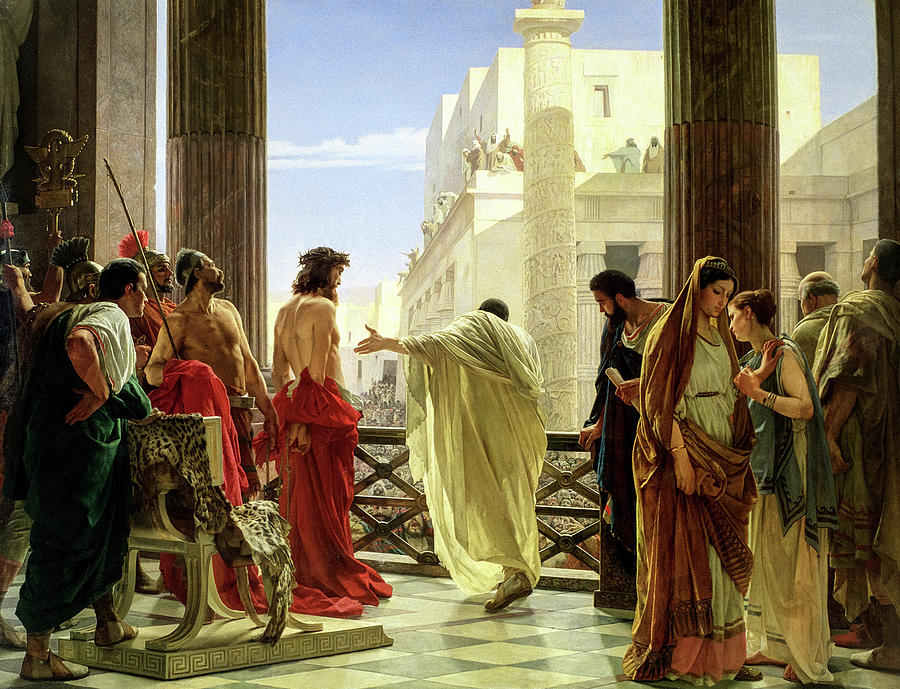Luke 24:1-12 and John 20:1-10
Matthew and Mark have one angel at the tomb, Luke reports two “men…in dazzling apparel”, while John has no mention of angels. Different accounts arising from different people reporting to the gospel writers – except for John who was (supposedly) reporting first-hand… What to make of that? Draw your own conclusions.
I’ve long been fascinated by the clothing described in John’s gospel: Then Simon Peter came, following him, and went into the tomb. He saw the linen cloths lying there, and the face cloth, which had been on Jesus’ head, not lying with the linen cloths but folded up in a place by itself. (vv. 6-7) John spends two verses describing in detail the linen cloths and the face cloth. And recall – he was there! When I was growing up the Shroud of Turin was a hot topic, probably mostly within the Catholic circles where I was raised. Many believed the Shroud to have been the body and burial cloth that John describes above. Even today the Catholic Church will not affirm or deny that the Shroud depicts Jesus’ face. According to one source, “It is, in fact, the single most studied artifact in human history.” https://shroud.com/ I daresay that much of what we see in drawings depicting Jesus today is based on the face picture imbedded in the Shroud. In the first few weeks that we knew each other Carol and I listened to a presentation on the Shroud. The speaker left us with a small memento card that I kept as a Bible bookmark for years. So I’ve always been fascinated by John’s account of Jesus’ burial clothing. [Type “Shroud of Turin” in Google for facial images.]
See also:
